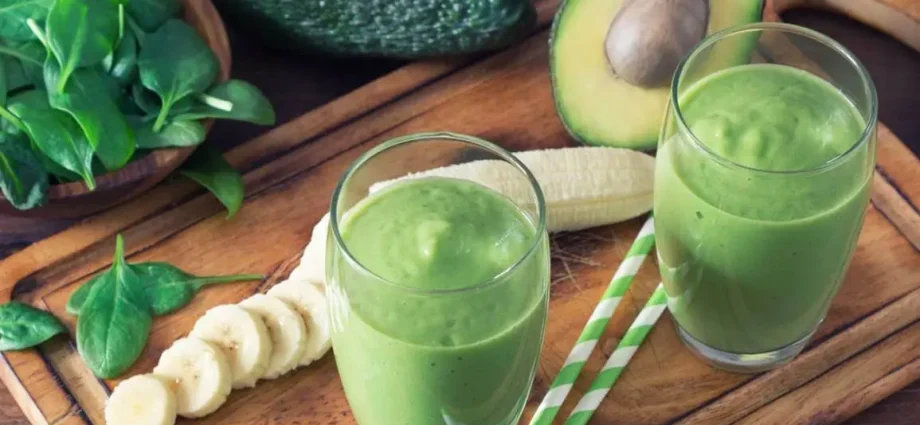Contents
Water retention in the body can be the source of many unpleasant health ailments. Read on to learn when water retention is dangerous, how to counteract this phenomenon and how to get rid of excess water.
Water retention in the body – symptoms
Water retention in the body can be diagnosed based on the observation of changes taking place in it. The most common reactions of the body, indicating excessive presence of water, include: swelling of specific parts of the body, weight gain, eye swelling, and slight but bothersome changes in the shape of the feet, manifested by a feeling of tightness in the shoes. The swelling can affect different parts of the body, but the most common areas are the arms and legs. A symptom of water retention in the body may be swollen fingers, from which we cannot remove the wedding ring. In addition, the occasional symptoms of water retention in the body include: headache, fatigue, difficulty concentrating, decreased attention, irritability.
What are the causes of water retention in the body?
The most common causes of water retention in the body include:
- Long-term water shortage in our body. The natural reaction of the body is then to keep the water we consume. Most often, water then accumulates in the deeper layers of the skin.
- Badly balanced diet, low in potassium and too high in sodium. These minerals influence the amount of water retained in our body. Sodium is found in products with a large amount of salt in the composition, especially in many kitchen spices and dishes prepared with their use. Excessive use of vegeta type spices, as well as the consumption of large amounts of cold cuts, melted cheese or long-maturing, highly salted snacks (e.g. crisps, sticks) may contribute to water retention in the body.
- A weight loss diet is another common cause of water retention in the body. Especially when it is conducted in a restrictive manner or is low in protein products. In the case of protein deficiency, fluids in our tissues and cells tend to escape through the walls of blood vessels, leading to edema.
- Water retention can also occur when we regularly consume large amounts of alcohol. As in the case of water shortage, the body begins to defend itself against water loss and activates mechanisms leading to its retention.
- Lack of regular physical activity weakens our circulatory system. Reduced circulation can lead to fluid stagnation in our tissues, which results in swelling, especially of the lower parts of the body (legs).
- Two natural causes of water retention in the body, related to its physiology and functioning, should also be mentioned. Menstruation is a common cause of water retention. When estrogen levels rise, which is in the period immediately before menstruation, the body naturally retains water.
- Also during pregnancy, there is a natural retention of water in the body. This happens right before the birth, and the symptoms mainly affect the legs and hands.
- In addition, some medications can lead to water retention in the body. First of all, minoxidil, corticosteroids, oral contraceptives, calcium channel blockers and others should be mentioned.
- Disease may also be the cause of water retention in the body. Most often this is how heart failure, kidney diseases, problems with the functioning of the thyroid gland (for example, Hashimoto’s disease), liver diseases are manifested.
Do you want to check your body water content? An analytical balance from the Medonet Market offer will be used for this purpose. Go to the platform now to order the device.
How can I get rid of excess water in my body?
In some cases, we are able to get rid of excess water from the body on our own. Below are some of the most effective ways to combat this ailment.
First of all, it is worth considering changing our culinary habits. Above all, the excess of snacks and ready-made or instant products should be eliminated from the diet. Canned food, pickled foods, ready meals, powdered meals, or fast food can all contribute to water retention in the body. It is also worth limiting the consumption of fatty meats and cheese. If we are gourmets of well-salted food, then it is worth trying to replace the salt added to dinner with herbs. Regular consumption of raw fruits and vegetables, which are high in potassium, will also help to counteract water retention by sodium.
See also: Soaking your feet in water with baking soda – what are the effects?
We also recommend Excess Water – the Panaseus dietary supplement, which helps fight ailments related to water retention in the body.
It is also worth paying attention to the water we take. If you drink mineral water, use one that is low in sodium. You can also drink an infusion of herbs such as dandelion, fennel, birch, horsetail, yarrow, and elderberry on a regular basis. Also try Nettle Leaf, which can be used to make tea. As an aid in getting rid of excess water from the body, you can drink an infusion of the bird knotweed herb. Regular exercise and physical activity will also help to regulate the presence of fluids in our body.
AquaBalance – the YANGO dietary supplement will help in regulating the body’s water management.










